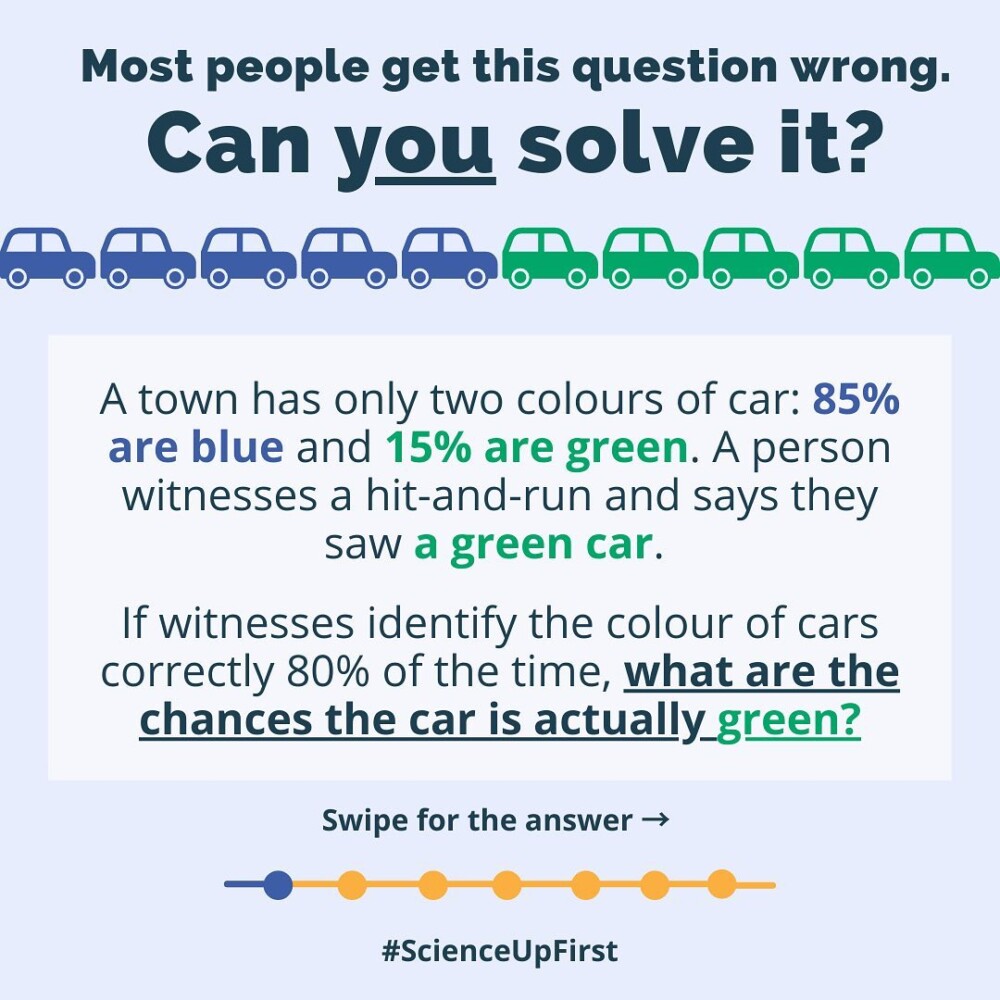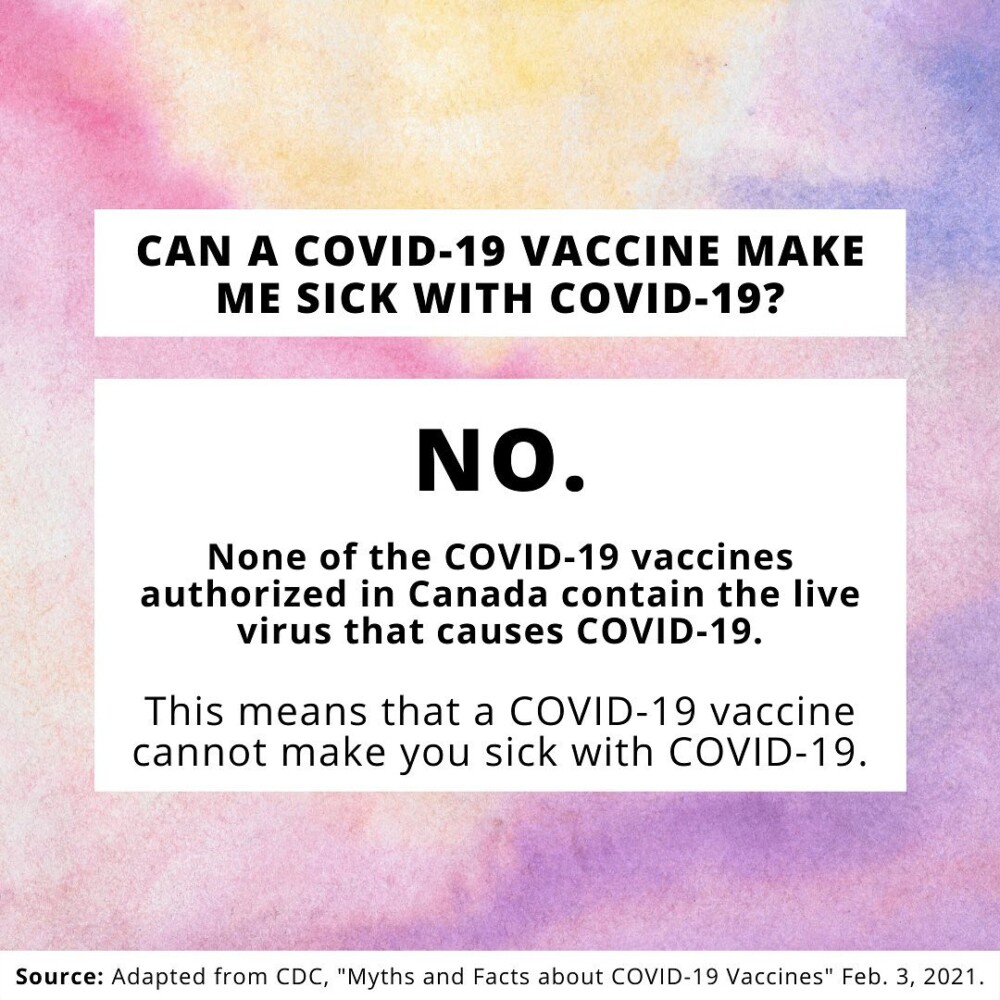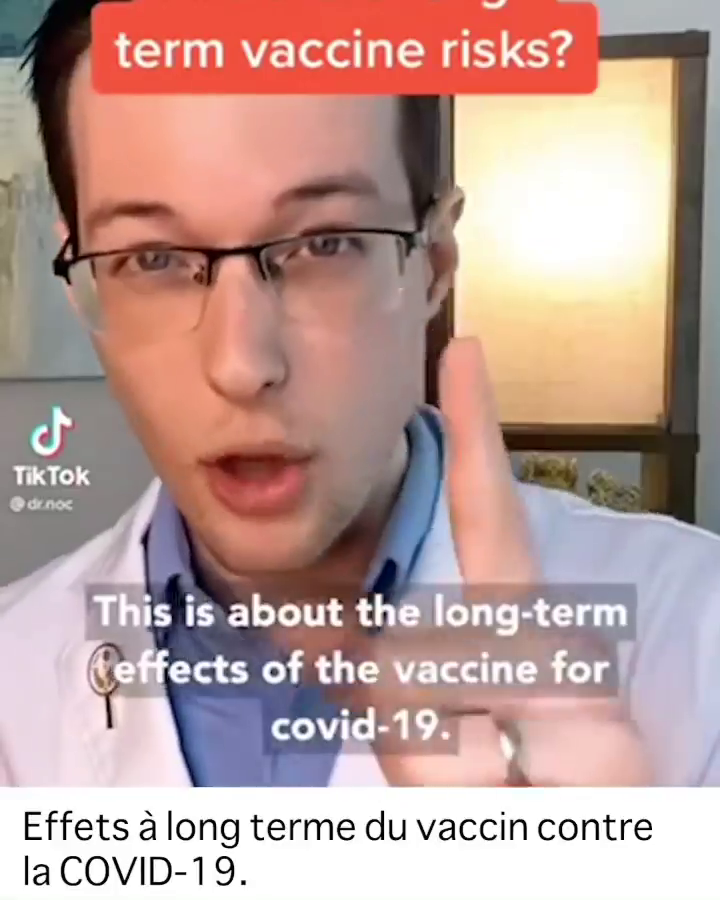
No, COVID-19 vaccines don’t cause cancer, and certainly not “turbo cancers”.
COVID-19 vaccines can’t cause turbo cancers, simply because turbo cancers are not a real thing. It is a made up term used to scare people (1,2). It is true that some cancers are more aggressive than others, but there is no evidence that COVID-19 vaccines can damage the immune system and cause aggressive new cancers (3,4).
In fact, there is no evidence that COVID-19 vaccines cause cancer to appear, recur or progress (3,5,6,7,8,9,10). On the other hand, cancer has been and is still Canada’s leading cause of mortality. Over their lifetime, 2 Canadians in 5 will receive a cancer diagnosis and 1 in 4 will die of it (11,12,13).
Now, considering that over 81% of the Canadian population received at least one COVID-19 vaccine, and that 27 people are expected to receive a cancer diagnosis every hour in Canada, the chances of getting a cancer diagnosis and being vaccinated are high (2,14,15). But that doesn’t mean the two are correlated (9,16).
During the height of the pandemic, many health services were disrupted and fewer people received routine screening, cancer diagnosis, follow-up tests and/or treatment than what was usually expected (3,17,18,19,20,21,22). As a result, cancer that should have been diagnosed during the pandemic will now be diagnosed later, likely at a more advanced stage. This is expected to lead to an overall higher mortality rate from cancer since more advanced cancers are also harder to treat (3,10,15,17,18,20,21,23,24).
If more people appear to be diagnosed with cancer since the pandemic, it is likely because of that backlog, not because of COVID-19 vaccines. In fact, COVID-19 vaccines help protect people with weakened immune systems, such as those receiving certain cancer treatments, as they are more vulnerable to serious COVID-19 complications (9,25).
On the other hand, there is evidence that SARS-CoV-2 infection may raise cancer risk, similar to 7 other known viruses (e.g. Epstein-Barr virus, hepatitis B and C viruses, human papillomavirus (HPV), etc.) (26).
Sources: https://tinyurl.com/SUFCOVIDVaccineCancer
Share our original Tweet!
No, COVID-19 vaccines do not cause cancer, and certainly not “turbo-cancers.”
— ScienceUpFirst | LaScienced'Abord (@ScienceUpFirst) April 10, 2024
We shed light on all this here https://t.co/93NPEpATMt#ScienceUpFirst pic.twitter.com/u1eOovhb9l
View our original Instagram Post!



